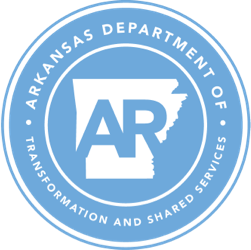Job Class Search
Job Details
COUNTY FOREST RANGER
The County Forest Ranger is responsible for supervising county personnel, controlling and suppressing forest fires, supervising forest management, fire prevention, and fire suppression activities, and for enforcing forestry related laws and regulations within an assigned area. This position is governed by state and federal laws and agency/institution policy.
Class Code:
B088C
Job Grade:
GS06
Special Job Requirements:
Exposure to extreme weather conditions, rough terrain, and potentially hazardous and/or dangerous conditions is required. May be required to work under extended subject-to-call status and extended work hours. Must reside within assigned area as a conditio
Typical Functions:
Supervises a small technical staff by interviewing, recommending for hire/termination, training, assigning and reviewing work, counseling, and evaluating the performance of incumbents. Assesses fire situations, plans methods of suppression, and organizes and supervises firefighting crews utilizing agency personnel, volunteer fire departments, and cooperator crews. Prepares prescribed burn plans and acts as the “Burn Boss” on prescribed fires. Investigates fire by obtaining witness statements, draws map of fire area, writes reports indicating fire size, location, manpower and equipment mobilized, hours necessary for fire suppression, and investigative findings. Compiles data for forest management plans recommending forestry practices to enhance timber production, improve wildlife habitat, and meet the goals of the landowners. Informs landowners of the availability of federal assistance programs. Completes various administrative reports for supervisory review, including county personnel time sheets, purchases, equipment repair, and office utility invoices. Acts as aerial observer in the detection of timber infested with insects and disease, marks infested area on aerial map and transfers to ground map, examines and flags infested areas, notifies landowners, and recommends control measures. Acts as Incident Commander in emergency response, including fire suppression, directing aerial attack (water drops) and natural disasters. Coordinates response activities with appropriate governmental agencies. Oversees and assists in preventative maintenance and repair of agency vehicles, equipment, tools, and facilities. Presents fire prevention, forest management, and urban forestry programs to schools, civic groups, community leaders, and rural volunteer fire departments, utilizing audio-visual aids and costumes, writes media news articles, and mans fair booths to inform the public of forestry related activities and operations. Directs the inspection and inventory of volunteer fire department equipment obtained from federal excess property. May conduct or assist in conducting volunteer fire department training, conduct inventory, and attend volunteer fire department meetings. Performs other duties as assigned.
Knowledge, Abilities, and Skills:
Knowledge of policies, procedures, and strategies to promote effective local, state, or national forestry operations for the protection of people and property. Knowledge of supervisory practices and principles. Knowledge of forest fire laws and fire prevention techniques and tactics. Knowledge of fire prevention, fire suppression, and fire control. Knowledge of National Incident Management Systems. Knowledge of relevant equipment, such as two-way radio, hand held data recorders, global position and geographic information systems, and digital cameras. Knowledge of federal and state programs available to forest landowners, communities, and fire departments. Ability to plan, organize, and oversee the work of others. Ability to read and analyze information to form general rules or conclusions. Ability to read and understand information and ideas. Ability to communicate information and ideas orally and in writing. Ability to apply general rules to specific problems to produce answers. Ability to organize and manage emergency responses to wildfires and natural disasters.
Minimum Qualifications:
The formal education equivalent of a high school diploma; plus three years of experience as a forest ranger, law enforcement officer, or in a forestry related field, including one year of experience in a leadership capacity. Additional requirements determined by the agency for recruiting purposes require review and approval by the Office of Personnel Management. OTHER JOB RELATED EDUCATION AND/OR EXPERIENCE MAY BE SUBSTITUTED FOR ALL OR PART OF THESE BASIC REQUIREMENTS, EXCEPT FOR CERTIFICATION OR LICENSURE REQUIREMENTS, UPON APPROVAL OF THE QUALIFICATIONS REVIEW COMMITTEE.
Required Certificates:
None
Exempt:
N

